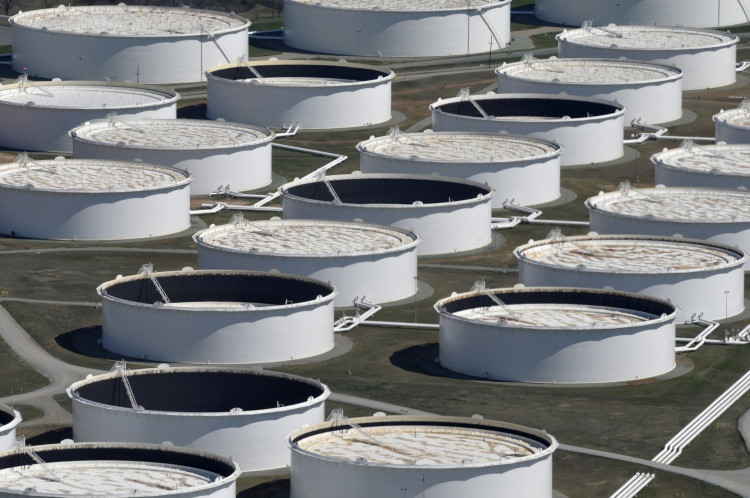World oil prices have begun a climb that might see it exceed $80 per barrel, a level not seen since 2003, as the repercussions from the assassination of Iranian major general Qasem Soleimani on orders of president Donald Trump sends oil markets reeling.
Iran has promised to avenge Soleimani's murder and its devastating attacks on two oil installations of Saudi Aramco (the Saudi Arabian Oil Company) on Sept. 14, 2019 prove how much damage Iran can inflict on the oil infrastructure of America's allies in the Middle East.
On Friday morning, Brent crude (the international benchmark) rose to $68.65, up more than 3.6%. It earlier jumped to an intraday high of $69.16. U.S. West Texas Intermediate (WTI) hit $63.38, over 3.5% higher. It rose to a high $63.84 earlier in the session.
Oil industry analysts are concerned oil prices might quickly surge toward $80 a barrel if escalating geopolitical tensions disrupt Middle East crude supplies. They said the energy market remains "on tenterhooks" after a U.S. aerial drone attack on January 3 ordered by president Donald Trump killed Soleimani, the second most powerful figure in Iran behind Supreme Leader Ayatollah Ali Khamenei. Soleimani was commander of the Quds Force, a division of the Islamic Revolutionary Guard Corps (IRGC) primarily responsible for extraterritorial military and clandestine operations.
For the meantime, however, experts believe oil prices "will likely hold" at around $70 a barrel. On the other hand, this price "could make a run at $80 if the conflict spreads to the oil fields of southern Iraq or if Iranian harassment of commercial shipping intensifies."
Analysts note that it was a war, the U.S. invasion of Iraq in 2003, which triggered prices to hit $80 per barrel and beyond. By March 3, 2008 the price of oil reached $103.95 a barrel on the New York Mercantile Exchange. Prices reached a record peak of $147.27 per barrel on July 11, 2008, the highest price per barrel thus far this century. Oil prices fell below $40 per barrel in February 2009 due to the Great Recession that began in late 2008. The global recession slowed down economies -- and thus demand for oil -- worldwide.
Oil prices have recovered somewhat since, but are being held back by the rise of the U.S. as the world's top oil producer and exporter due to its ongoing shale oil boom.
Analysts concur Iran will renew its attacks on Saudi oil installations and will launch new attacks on the oil facilities of other American allies such as the United Arab Emirates in the Middle East. Iran has both the "capability" and "willingness" to attack major choke points that will "take months to rebuild" in Saudi Arabia, according to Matthew Bey senior global analyst at the American geopolitical intelligence firm, Stratfor.
"It's been a knee jerk reaction because everybody is asking the question how is Iran going to retaliate, and I think that's why you've seen prices jump 3, 4%," said Amrita Sen of Energy Aspects, an independent research consultancy focused on global energy markets, to CNBC.
"The real risk is how does Iran retaliate. We've seen what it can do in Saudi Arabia, does it do similar stuff again, and is there another attack on Saudi facilities."
Sen said retaliation will likely "take some time," and in the meantime oil might give back some of its gains.





